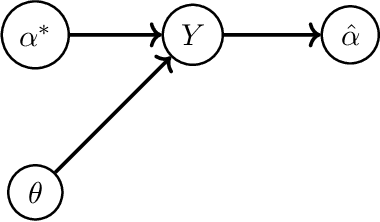Krishna Reddy Kesari
Fluid Democracy in Federated Data Aggregation
Jul 03, 2025Abstract:Federated learning (FL) mechanisms typically require each client to transfer their weights to a central server, irrespective of how useful they are. In order to avoid wasteful data transfer costs from clients to the central server, we propose the use of consensus based protocols to identify a subset of clients with most useful model weights at each data transfer step. First, we explore the application of existing fluid democracy protocols to FL from a performance standpoint, comparing them with traditional one-person-one-vote (also known as 1p1v or FedAvg). We propose a new fluid democracy protocol named viscous-retained democracy that always does better than 1p1v under the same assumptions as existing fluid democracy protocols while also not allowing for influence accumulation. Secondly, we identify weaknesses of fluid democracy protocols from an adversarial lens in terms of their dependence on topology and/ or number of adversaries required to negatively impact the global model weights. To this effect, we propose an algorithm (FedVRD) that dynamically limits the effect of adversaries while minimizing cost by leveraging the delegation topology.
First Order Methods take Exponential Time to Converge to Global Minimizers of Non-Convex Functions
Feb 28, 2020
Abstract:Machine learning algorithms typically perform optimization over a class of non-convex functions. In this work, we provide bounds on the fundamental hardness of identifying the global minimizer of a non convex function. Specifically, we design a family of parametrized non-convex functions and employ statistical lower bounds for parameter estimation. We show that the parameter estimation problem is equivalent to the problem of function identification in the given family. We then claim that non convex optimization is at least as hard as function identification. Jointly, we prove that any first order method can take exponential time to converge to a global minimizer.
 Add to Chrome
Add to Chrome Add to Firefox
Add to Firefox Add to Edge
Add to Edge